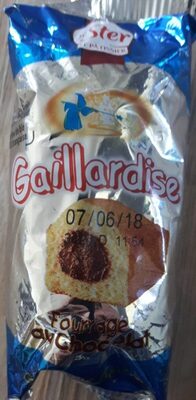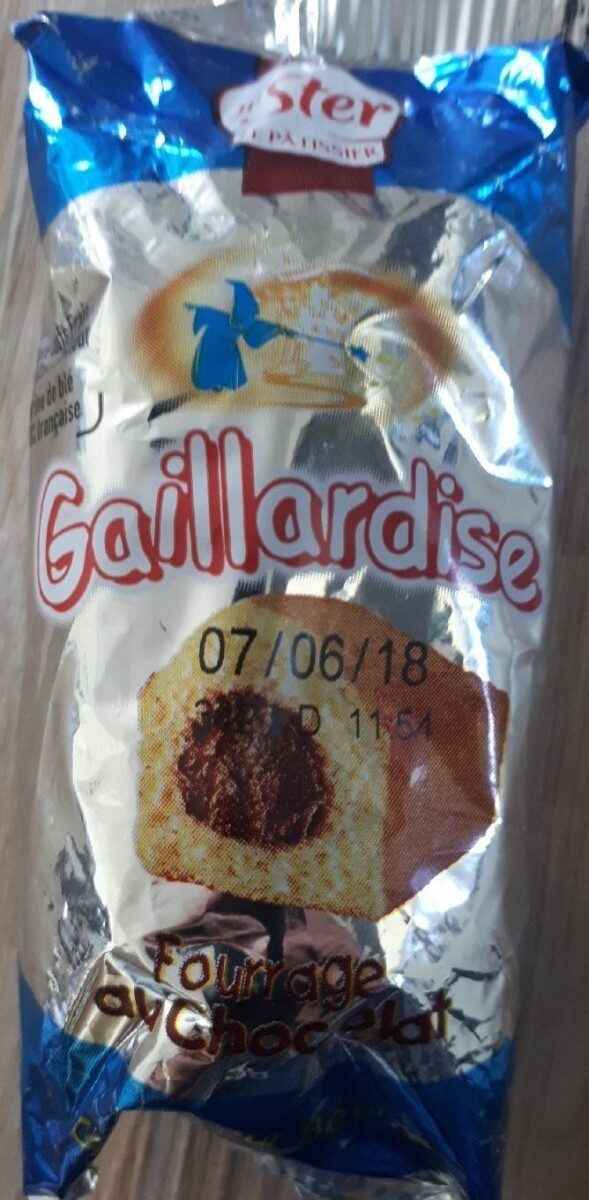Gaillardise fourrage au chocolat - Le ster
This product page is not complete. You can help to complete it by editing it and adding more data from the photos we have, or by taking more photos using the app for Android or iPhone/iPad. Thank you!
×
Barcode: 3255290252517 (EAN / EAN-13)
Common name: Gâteau pur beurre fourrage chocolat
Brands: Le ster
Categories: Snacks, Sweet snacks, Biscuits and cakes, Cakes
Labels, certifications, awards:
No preservatives, Green Dot, Pure butter, fr:Blé français
Manufacturing or processing places: Locminé, France
Countries where sold: France
Matching with your preferences
Environment
Packaging
Transportation
Report a problem
Data sources
Product added on by kiliweb
Last edit of product page on by kiliweb.
Product page also edited by drunkenbison, openfoodfacts-contributors, packbot, quechoisir, yuka.AO9sbIa0GvwFFt_9_dwZ5x2bNenQGfVIPlsXoQ, yuka.Nq9LbPSOQ8sYP8GKzaAx2AGKEfbyCvp6EiBUow, yuka.Rm9BYkxKZy9uc0FtbHNkbXhSVDcvOHhreW9TNWRsMnFBdVlRSVE9PQ, yuka.WlpzZ0FJRXFndU1ibS9jQnBUWDd4ZE5ubm9QMUFsNnlGTUF2SVE9PQ, yuka.sY2b0xO6T85zoF3NwEKvlhd_d_fYmDTGFRnWnEKA7OmNEZDBTPh4zIygAas, yuka.sY2b0xO6T85zoF3NwEKvlklbCvXfnhTvLRL6lUilwvuiNqbzPd5S-prAHqs, yuka.sY2b0xO6T85zoF3NwEKvlm1KS_rYrhTHGhHQyFepz-mKd7HVbutZxtPBDas, yuka.sY2b0xO6T85zoF3NwEKvln5jS9XzrAzhEET5qW-01POgCrPaXt5t0JfgHas, yuka.sY2b0xO6T85zoF3NwEKvlndDaofTnW3OFQPQs1e0_diIE5PPWPZY_7nLGao.










